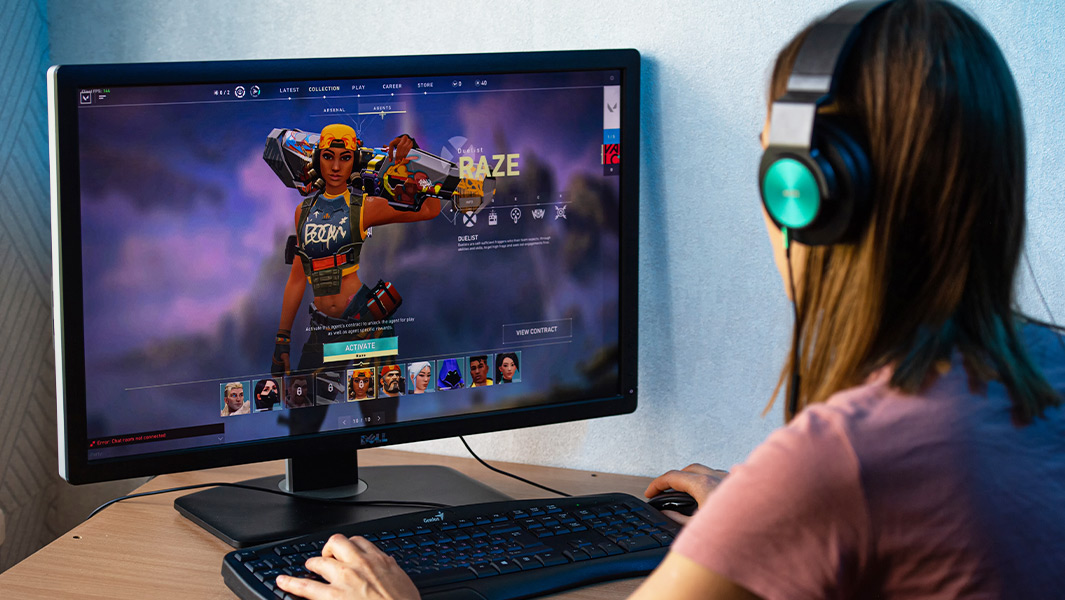Why Fortnite players will receive the biggest videogame refund ever

In December, Fortnite maker Epic Games was ordered to pay its customers $245 million (£199 million) - the biggest videogame refund in history.
According to the US Federal Trade Commission (FTC), Epic Games used design tricks known as “dark patterns” to deceive millions of Fortnite players into making accidental purchases within the game’s item shop.
"Epic used privacy-invasive default settings and deceptive interfaces that tricked Fortnite users, including teenagers and children," FTC Chair Lina Khan said in a statement.
It is the FTC's largest refund amount in a gaming case, and its largest administrative order in history.
Affected Fortnite players have not yet been paid out, however, the FTC will notify customers once the refund program has been fully set up. More information can be found on the official settlement website.

What are dark patterns?
Dark patterns are deceptive online techniques used to cause players to do things they didn’t mean to.
In this case, "Fortnite's counterintuitive, inconsistent, and confusing button configuration led players to incur unwanted charges based on the press of a single button," the FTC said.
For example, players could be charged while trying to wake the game from sleep mode, or while the game was in a loading screen, or by pressing a nearby button when trying to preview an item.
Until 2018, Epic Games allowed children to purchase V-Bucks (Fortnite’s in-game currency) by simply pressing buttons without requiring any card holder action or consent.
The FTC has brought similar claims against companies such as Amazon, Apple, and Google for billing users for in-app purchases made by children without obtaining their parents’ consent.
Not only did Epic wrongly process these transactions, but they also made them difficult to cancel.
According to the FTC, Epic locked the accounts of customers who disputed unauthorized charges with their credit card companies. Players whose accounts were blocked lost access to all the content they had previously purchased.
In addition to the record-breaking refund, Epic were ordered to pay a $275 million fine for allegedly violating the Children’s Online Privacy Protection Act (COPPA) - the largest penalty ever obtained for violating an FTC rule.
As a result of the settlements, Epic has adopted new, stronger privacy settings for under-18s that ensure voice and text communications are turned off by default.
"No developer creates a game with the intention of ending up here,” Epic said in response. “We’ve updated our payment flows with a hold-to-purchase mechanic that re-confirms a player’s intent to buy, as an additional safeguard to prevent unintended purchases alongside instant purchase cancellations and self-service refunds.”
Several high-profile lawsuits and regulatory judgements have been brought against videogame publishers in recent years, with most relating to parental controls and the packaging of in-game purchases.
The largest comparable videogame refund was the $51.2 million paid out by publisher CD Projekt Red over the poor state of its much-hyped open-world game Cyberpunk 2077 (2020).
Want more? Follow us across our social media channels to stay up-to-date with all things Guinness World Records! You can find us on Facebook, Twitter, Instagram, TikTok, LinkedIn, and Snapchat Discover– including our in-depth Curious Casebook series.
Don’t forget, we’re also on YouTube!
Still not had enough? Follow the link here to buy our latest book, filled to the brim with stories about our amazing record breakers.


